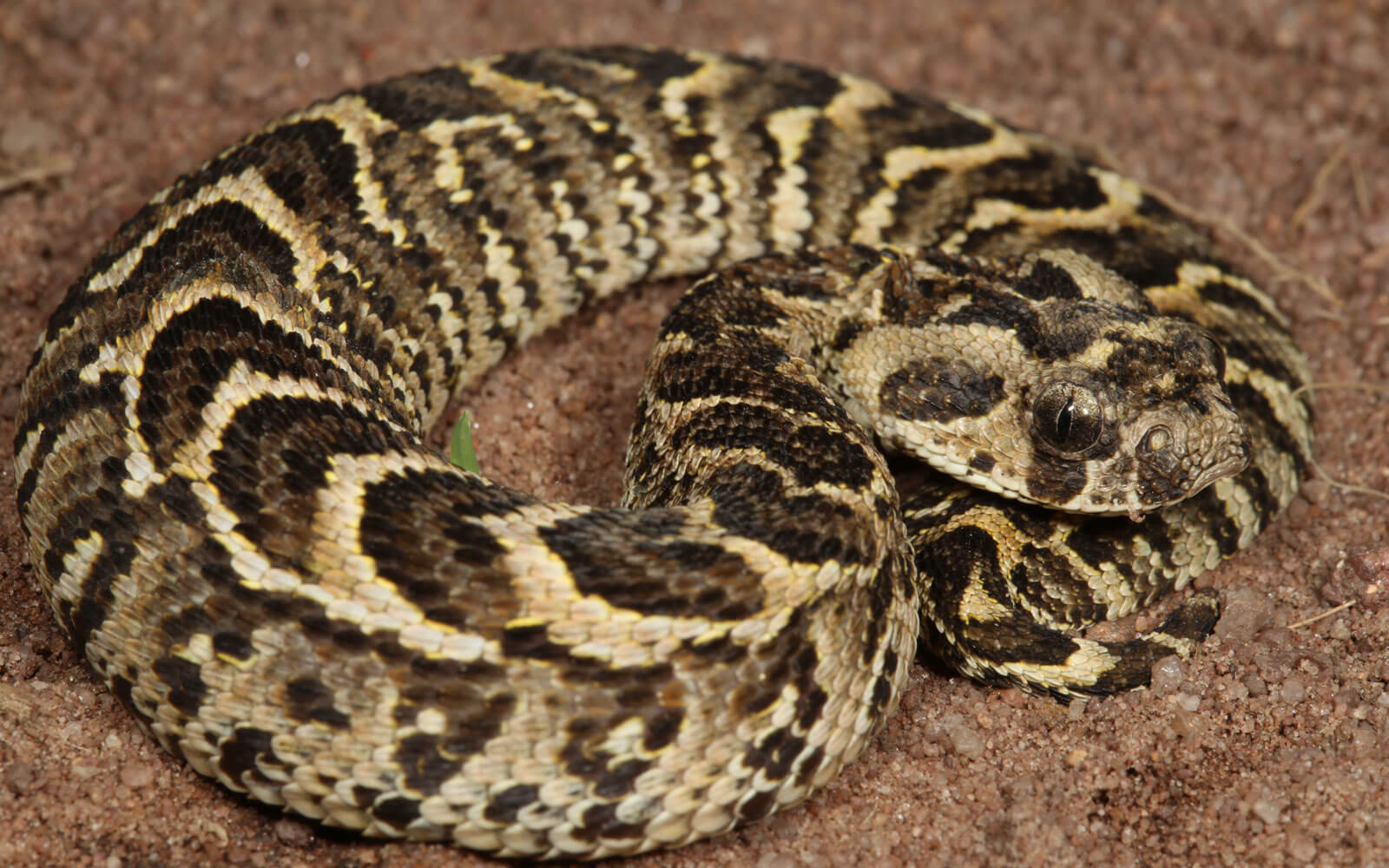Snakebites happen when a snake’s fangs break your skin. Most snakes in Uganda are not venomous, and their bites usually cause only swelling and redness. However, some venomous snakes can cause serious problems, affecting your whole body if venom enters your bloodstream. Even when bitten by venomous snakes, more than half of bites do not inject venom, which means no poisoning happens. How bad the bite is depends on the type of snake, how much venom is injected, where you were bitten, and your overall health.
You can ask your own question to a licensed healthcare provider here for free. It may take up to 7 days to get an answer. If you want a consultation in minutes, book now with Hope+ our premium and best health consultation service in Uganda.
Causes and Common Venomous Snakes in Uganda
The main venomous snakes to watch out for include:
- Puff adder
- Gaboon viper
- Black mamba
- Brown forest cobra
- Egyptian cobra
- Boomslang
Signs and Symptoms of Snakebites
Local effects:
- Fang marks on the skin
- Swelling, redness, pain
- Bleeding or blistering
- Skin colour changes, sometimes tissue death (necrosis)
Systemic (whole body) effects:
- Feeling weak or unwell
- Vomiting and stomach pain
- Trouble breathing
- Confusion or loss of consciousness
- Shock
Types of Venom and Their Effects
- Cytotoxic venom (Puff adder, Gaboon viper) causes swelling, pain, and swollen lymph nodes usually within 10 to 30 minutes.
- Neurotoxic venom (Black mamba, Egyptian cobra) can cause weakness, paralysis, droopy eyelids, trouble swallowing, and double vision starting 15 to 30 minutes after the bite.
- Hemotoxic venom (Boomslang, Vine snake) causes severe swelling, bleeding, skin bruising, and may cause bleeding inside the body even days later.
What to Do if You Are Bitten
- Stay calm and reassure others.
- Lie down on your side and keep the bitten limb still and lower than the heart.
- Remove tight clothes or jewellery near the bite to avoid swelling cutting off blood flow.
- Do not apply a tourniquet, cut or suck the wound, or try traditional treatments like herbs.
- Do not try to catch or kill the snake.
- If venom gets into the eyes, rinse them with clean water and cover with a clean cloth.
Medical Treatment
- If fang marks are visible, immobilise the affected limb with a splint.
- Pain can be treated with paracetamol. Avoid anti-inflammatory drugs like aspirin or ibuprofen.
- If there are no signs of venom effects within 6 to 8 hours, the bite is probably not dangerous, but observation for 12 to 24 hours is recommended.
- If there is tissue death or blistering, wounds must be cleaned daily and may need surgery after 15 days or more.
- Tetanus vaccination should be given if the patient has not been immunised in the last 10 years.
When to Get Urgent Medical Care and Antivenom
You should get urgent hospital care if you experience:
- Paralysis or breathing difficulty
- Rapid swelling spreading beyond the bite site within hours
- Swelling of the groin, chest, head, or neck
Hospitals may give antivenom serum to neutralise the venom. Antibiotics are only needed if the wound gets infected.
Snake Identification and Safety Tips
Knowing common snakes in Uganda can help you stay safe:
- Puff adder
- Black mamba
- Egyptian cobra
- Jameson’s mamba
- Boomslang
- Vine or twig snakes
- Gaboon adder
Avoid snake habitats when possible, wear boots and long trousers when walking in tall grass or forested areas, and keep homes and yards clear of rodents that attract snakes.


